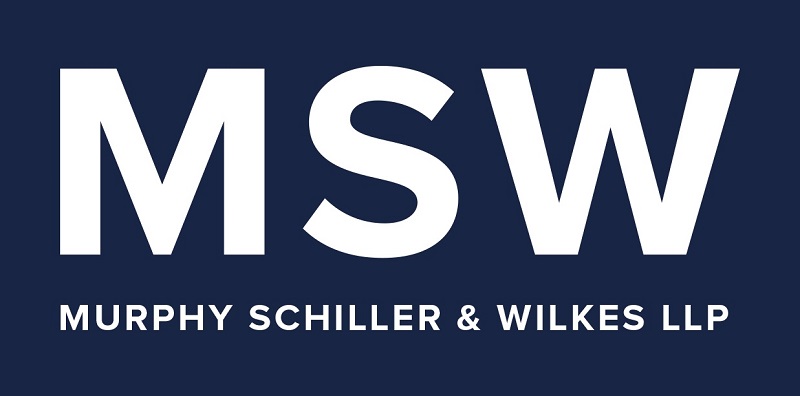Chris J. Murphy
Partner, Murphy Schiller & Wilkes LLP
Direct: (973) 705-7421
Email: cmurphy@murphyllp.com

In 2020, the New Jersey Legislature passed the Economic Recovery Act of 2020, which among other things created the Aspire Tax Credit Program, the successor to the Economic Redevelopment and Growth (ERG) Program, formerly the state’s main real estate development incentive program. As designed, Aspire would become New Jersey’s main real estate focused tax credit program, helping developers close financing gaps through the issuance of tax credits for eligible projects. Qualifying projects may be eligible for tax credits equaling between 50 and 80 percent of eligible project costs, with awards further limited to between $60 million and $400 million (per project or phase of a project), depending on multiple factors.
While the real estate community was extremely excited about the new program, there were many unanswered questions related to how Aspire tax credits could be utilized, and the application and approval processes, which were still being developed by the New Jersey Economic Development Authority (NJEDA), the agency charged with implementing the new program. In fact, it took until February of 2023 for the NJEDA board to grant its first award under the Aspire program.
Although there were many reasons for the delay in the initial implementation of the Aspire program (including cleanup amendments to fix programmatic issues in the initial legislation, and pushback to the NJEDA’s adoption of certain regulations governing the program), the most significant reason for the delay in rolling out the new program may have had to do with the fact that Aspire was not that attractive to developers from 2020 to 2023.
Remember, from 2020 to 2023, interest rates were at a historic low, deals were trading at all-time highs, and developers (in many cases) weren’t willing to put on the brakes to figure out a new program, especially one that requires the payment of prevailing wages in connection with the construction of a project, and a 20 percent on-site affordable set aside.
Let’s fast forward to late 2023 — the world has changed significantly over the past year. Interest rates are at their highest in a decade, deal flow is as low as it has been since the Great Recession and capital markets have all but seized. Now, more than ever, government incentives are needed to fill financing gaps, and the work done over the past three years to get the Aspire program up and running is going to pay off big time for developers trying to get shovels in the ground. Personally, my phone has been ringing nonstop with developers wanting to know more about how they can take advantage of the Aspire Tax Credit Program. The need is real, and the stakes are high.
In a world where securing project financing has become increasingly difficult, government supported tax credits and incentives are evermore important. Thankfully, the New Jersey Legislature and the NJEDA took the opportunity to create a program in 2020 that would address unknown future changes to market conditions. While the program may not be the right fit for every project, every developer in New Jersey should be looking at the Aspire program — it needs to be part of the analysis.
Chris J. Murphy, Esq. leads the Tax Credits and Incentives practice at Murphy Schiller & Wilkes LLP, a Newark-NJ based boutique law firm specializing in commercial real estate and development. He is the co-author of the Financial Incentives Chapter of Commercial Real Estate Transactions in New Jersey (2019, 4th Edition), published by the New Jersey Institute of Continuing Legal Education. His insights on the topic of real estate development incentives have been featured in both national and regional publications, including The Wall Street Journal, Real Estate NJ, RIO-NJ and NJBIZ.
Newark Office
24 Commerce Street
12th Floor
Newark, NJ 07102
New York City Office
5 Penn Plaza
19th Floor–#19113
NY, NY 10001











